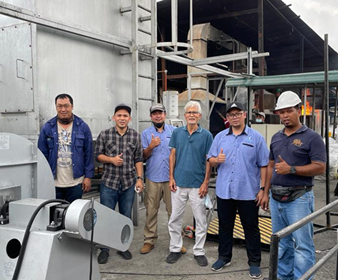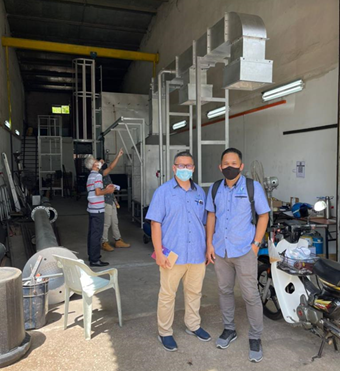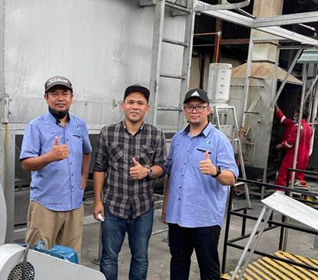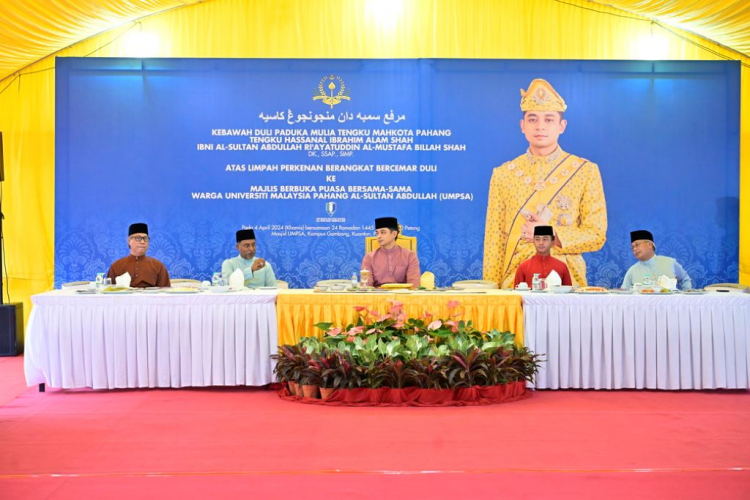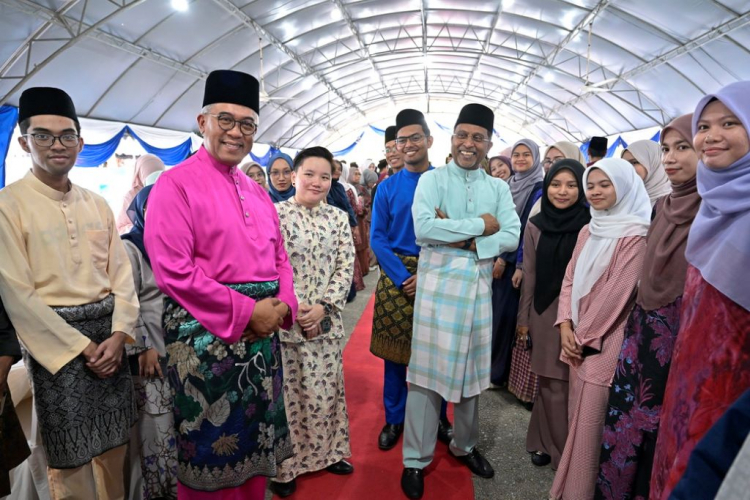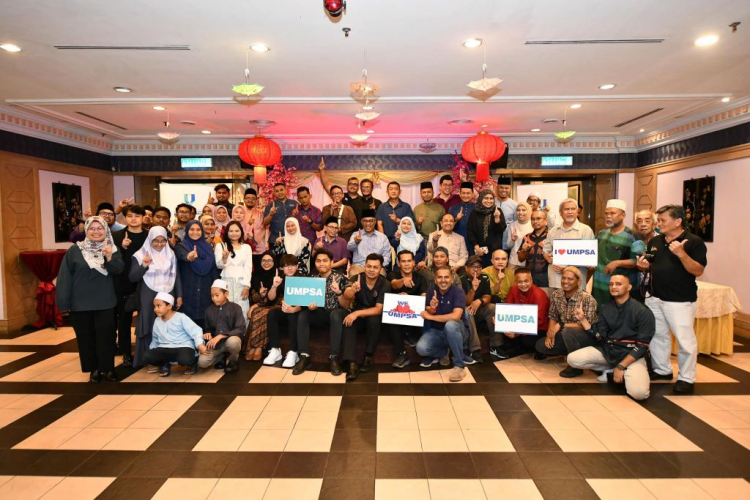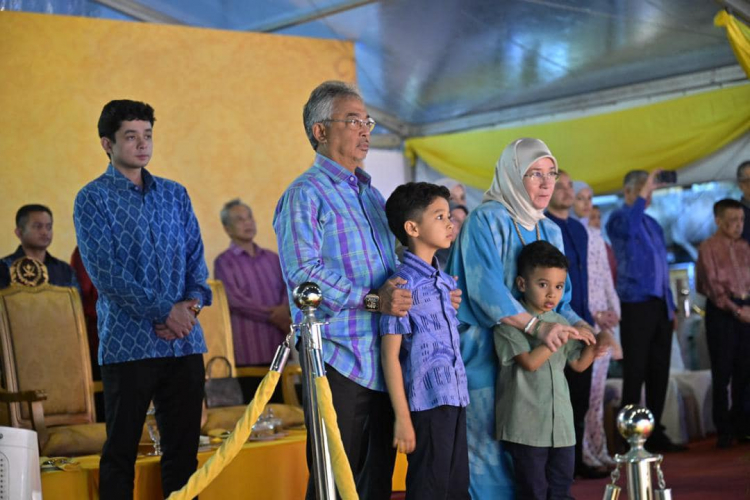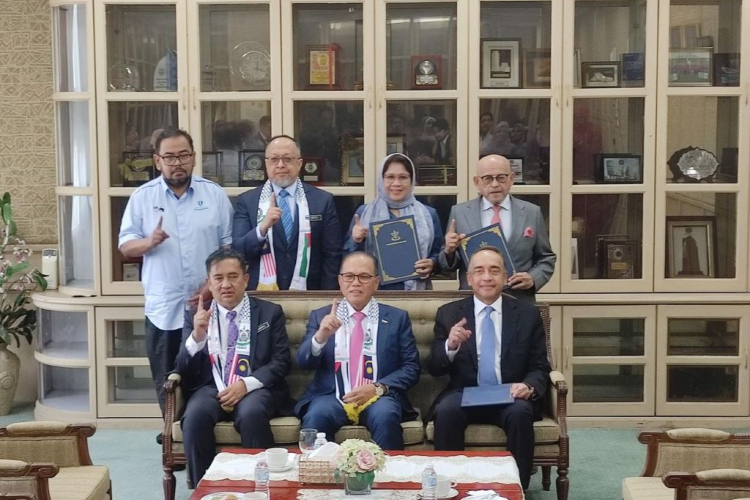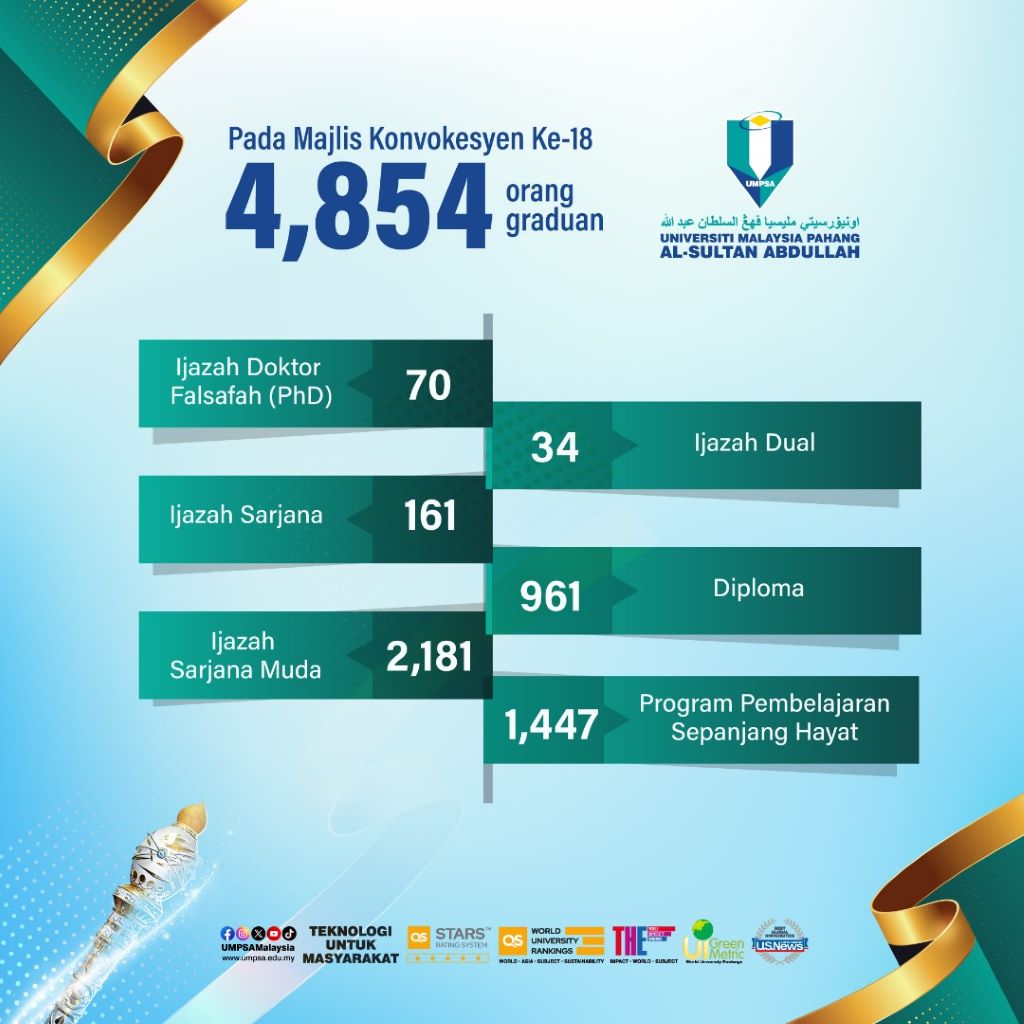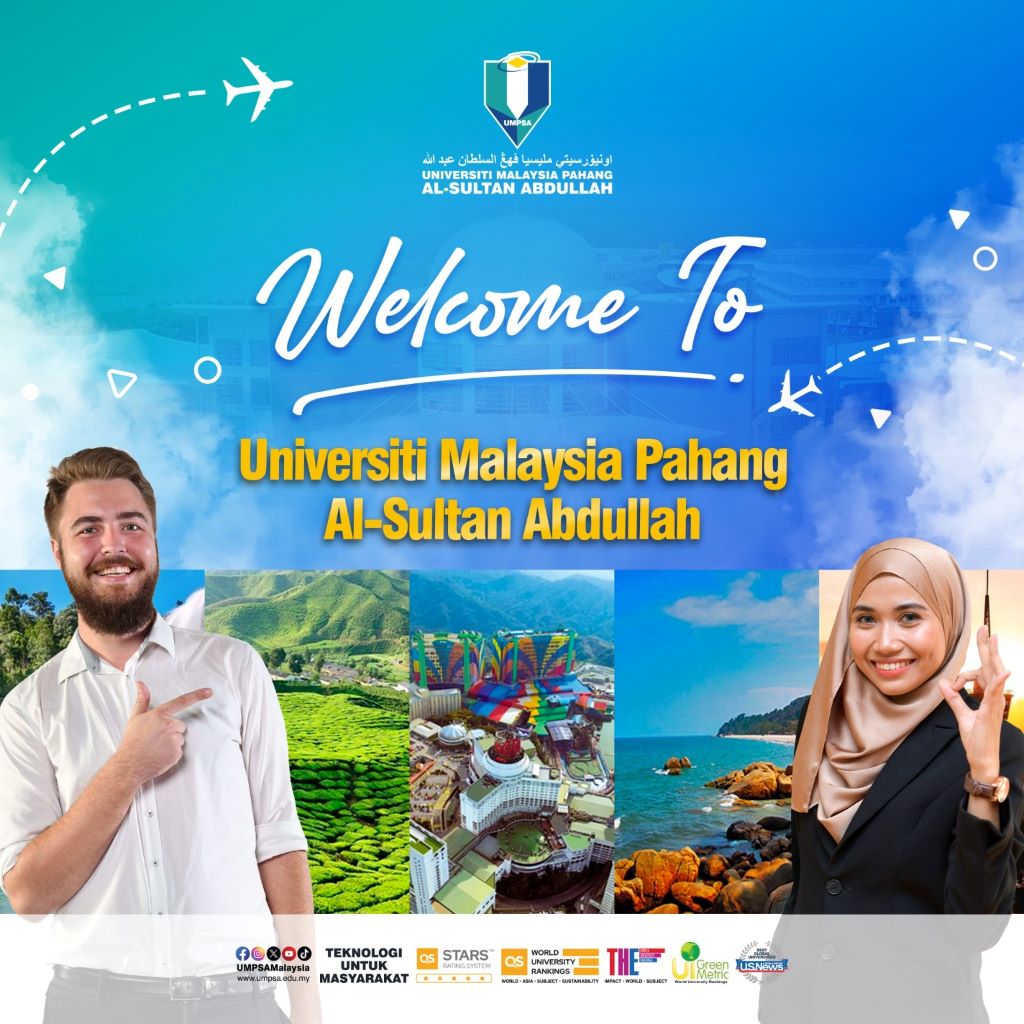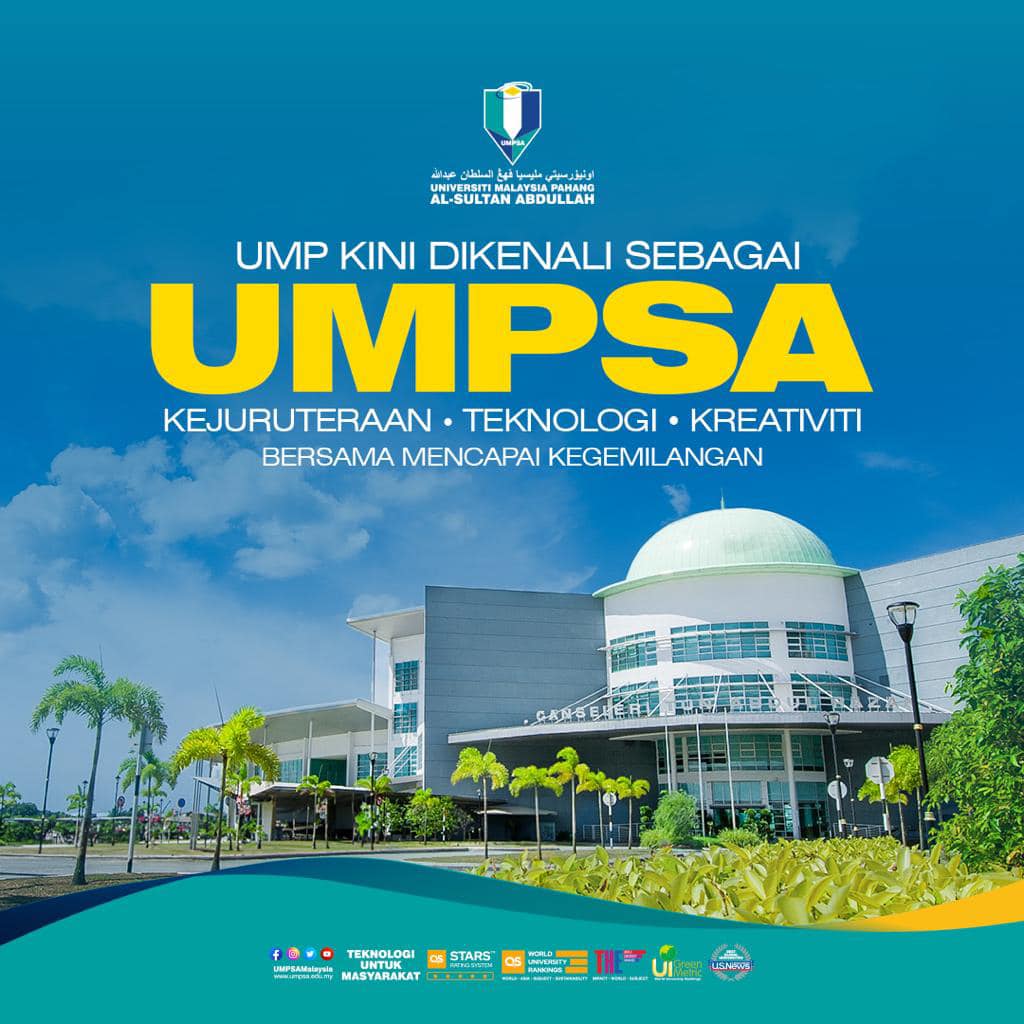UMP lecturers assist in design of air pollution control modular system for clinical waste incineration
PAYA BESAR, 14 June 2022 - Since the World Health Organization (WHO) announced COVID-19 as a pandemic in March 2020, the outbreak has been spreading rapidly around the world.
As of 25 January 2022, Worldometer reported 356,440,287 cases of COVID-19 worldwide with a total of 5,625,212 deaths.
Along with the increase in cases, the outbreak also affects the increase in clinical waste.
Clinical waste is classified as human or animal tissues, blood or bodily fluids, debris, medicines, pharmaceutical products, soiled swabs or bandages, syringes, needles and sharp objects and any waste material that comes into contact with or mixes with any clinical waste.
According to a lecturer from the Faculty of Chemical & Process Engineering Technology, Universiti Malaysia Pahang (UMP), Associate Professor Ts. Dr.-Ing. Mohamad Rizza Othman, in addition to hospitals, clinics, laboratories, temporary quarantine centres, and research laboratories also contributed to the increase in the amount of clinical waste.
“According to the Ministry of Environment and Water (KASA) report, clinical waste increased drastically by 110 per cent (4,394 metric tons) due to the increased use of disposable gloves, face masks and personal protective equipment (PPE) by medical personnel.
“This clinical waste should be well managed to prevent possible contamination, infection and injury.
“For this purpose, a private consortium was appointed to manage this clinical waste, and there are several methods of treating clinical waste, but incineration is a method that is often used,” he said.
He added that incineration is a complete oxidative combustion process at 800-1450 °C.
“At this temperature, all infectious or dangerous pathogens will be killed and waste turned to ash and smoke.
“Among the main concerns of the method are emissions of harmful gases and substances into the air such as carbon dioxide (CO2), carbon monoxide (CO), nitrogen oxides (NOx), sulfur oxides (SOx), particulate matter (PM), hydrochloric acid (HCl), hydrofluoric acid (HF), volatile organic compounds (VOC), dioxin and furan.
“Therefore, an air pollution control (APC) system is needed to control the release of the substances at the level set by the Department of Environment (DOE),” he said.
In mid-2021, a local company contacted UMP to help design a temporary air pollution control system to help resolve the problem of clinical waste dumping due to COVID-19.
Together with two FTKKP senior lecturers, Ts. Dr. Abdul Halim Abdul Razik and Ir. Dr. Arman Abdullah, this system was designed modularly to be easy to install and maintain, not produce wastewater and is equipped with an instrumentation and control system capable of controlling the level of smoke emissions as required by DOE.
This modular idea was inspired by the F³ FACTORY concept - Flexible, Fast and Future Production Processes introduced in Europe around 2009.
This prototype will be built and operational at Clinical Waste Disposal Sites, Telok Panglima Garang, Selangor and Telok Kalong, Terengganu.
He said, when operating one day, this prototype is expected to be able to treat up to 3.2 tons of clinical waste daily.
“This project takes a year to complete starting from the concept, equipment sizing, and documentation to testing and commissioning.
“Test run of the prototype at the Clinical Waste Disposal Site, Telok Panglima Garang runs smoothly, no black smoke is visible, and the gas released meets the specified guidelines.
“Currently, no air pollution control system prototype of this kind developed specifically for clinical waste incineration in Malaysia.
“This is the first system that proves the ability of UMP lecturers.
“This prototype can be expanded for the disposal of domestic, agricultural and small industrial waste materials in addition to being suitable for use in rural and remote areas such as islands,” he said.
By: Associate Professor Ir. Dr.-Ing. Mohamad Rizza Othman, Faculty of Chemical and Process Engineering Technology (FTKKP)
Translation by: Dr. Rozaimi Abu Samah, Engineering College/Faculty of Chemical and Process Engineering Technology


